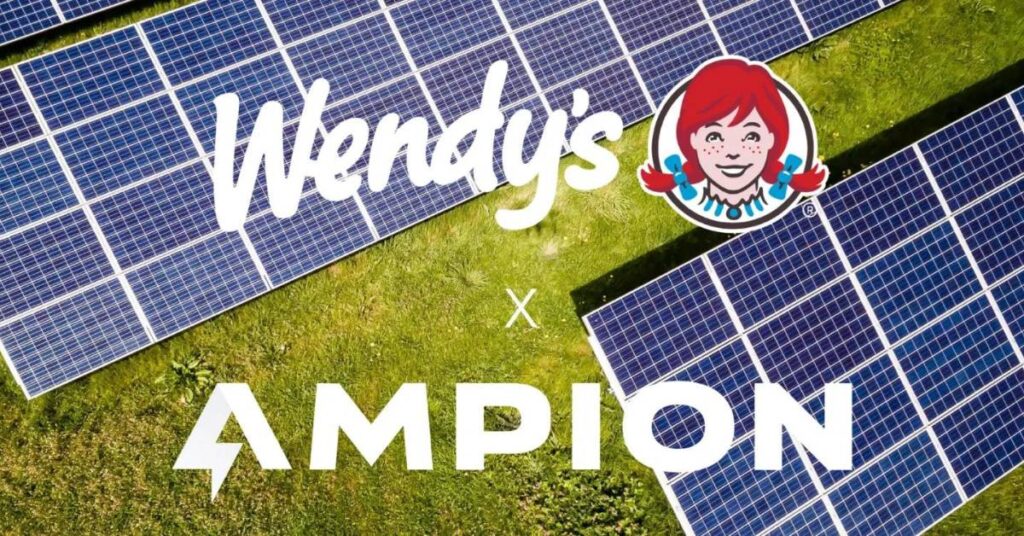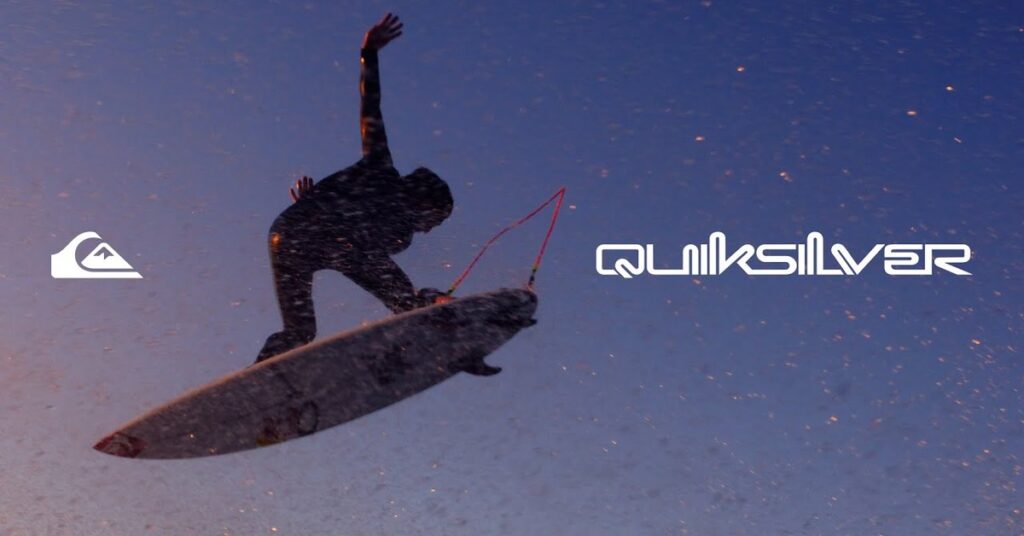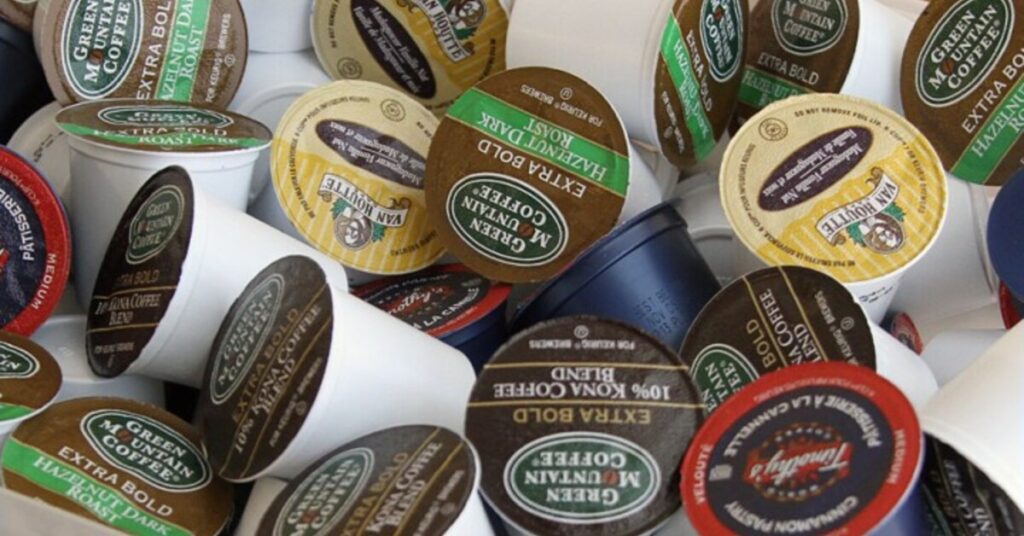Coach, the American fashion brand, has launched a new line called Coachtopia, which is made entirely from material waste. The sub-brand uses scraps and excess material from the brand’s traditional manufacturing processes to create vibrant floral patterns and other embellishments.
The launch is part of Coach’s efforts to transform its supply chain and move toward a circular industry. The new line features handbags, small leather goods, accessories, and ready-to-wear pieces, with removable screw-back hardware, detachable handles and straps, and other design features that make it easier to repair or extend the life of the product. The launch of Coachtopia marks a significant departure from traditional manufacturing processes and could have the potential to transform Coach’s production model.
A Sustainable Solution to Fashion Waste
The fashion industry has long been criticized for its wasteful and environmentally harmful practices. From the use of non-renewable resources to the disposal of unsold inventory, many brands have struggled to find sustainable solutions to these issues. Coach, a major fashion house, is taking a step towards sustainability with its new sub-brand, Coachtopia.
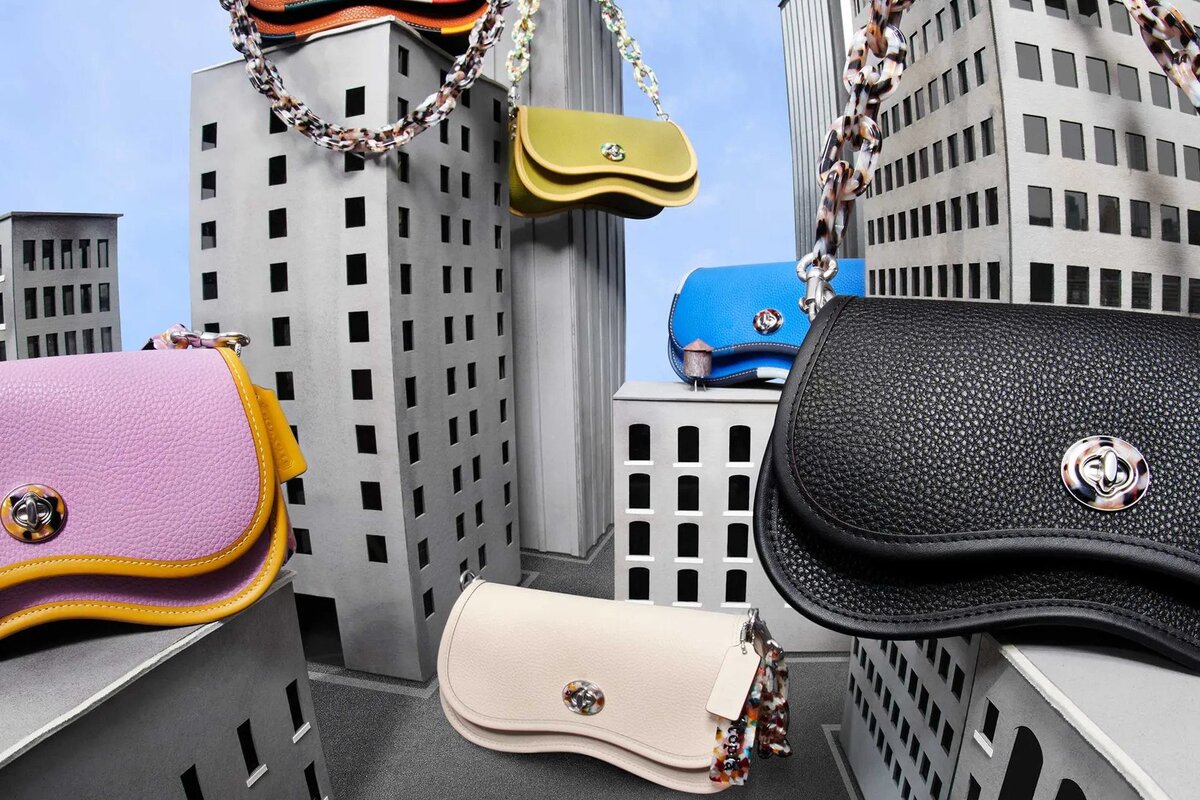
Coachtopia flips the traditional production process on its head, starting with material waste and working its way backward to create unique, upcycled designs. The sub-brand uses almost entirely waste materials to create its handbags, with excess leather fragments arranged into vibrant floral patterns and zipper tracks repurposed into embellishments. The products are designed with circularity in mind, using removable screw-back hardware, detachable handles and straps, seam-out constructions, and other design features that make it easier to repair or extend the life of the product down the road.
Coach’s commitment to sustainability is a significant shift for the brand. The launch of Coachtopia and the expansion of the Coach (Re)Loved programme before it are part of a larger effort to reduce the company’s waste footprint and increase its capacity for product repair and responsible material sourcing. While these changes are important and necessary, Coachtopia takes the company’s sustainability efforts to the next level.
A Community-Driven Sub-Brand
One of the defining components of Coachtopia is that it is built as a “community” and has invited a “beta community” of Gen Z individuals to share ideas and feedback on Coachtopia concepts and products. The sub-brand is a bid to transform the supply chain and move toward a circular industry.
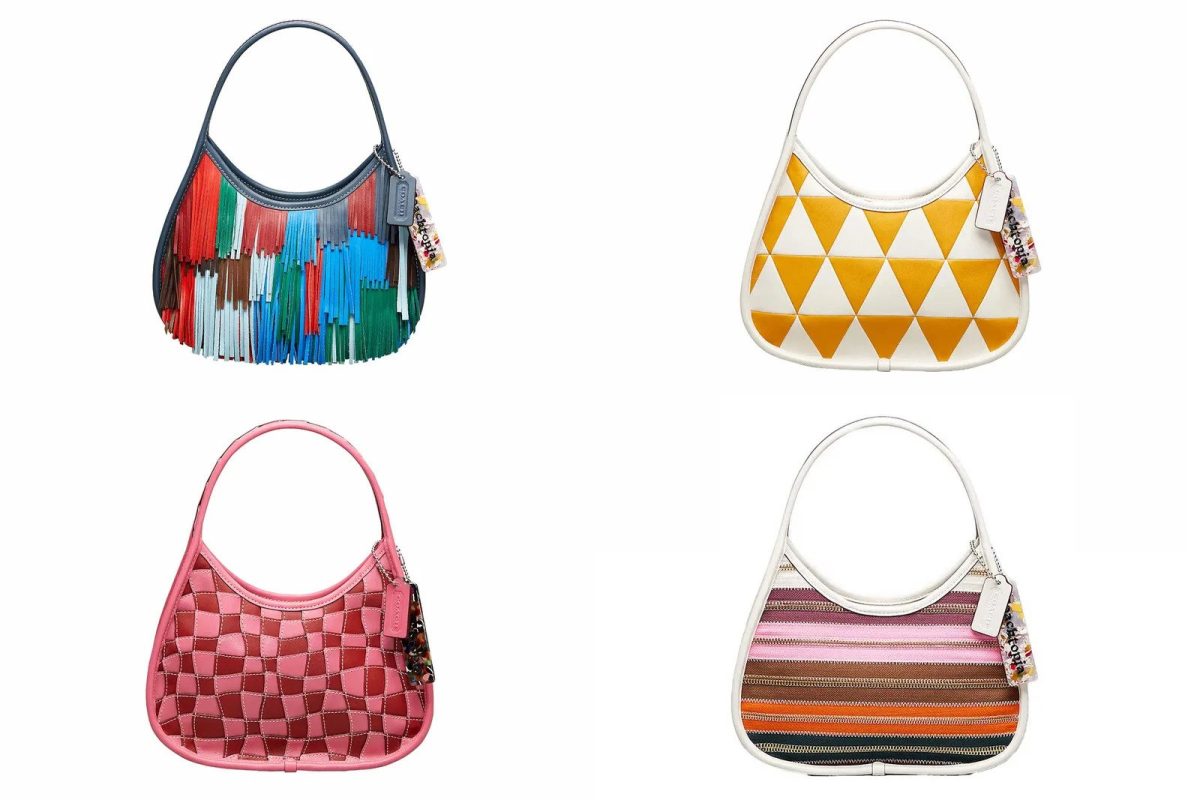
The launch collection, which debuts in the US, Canada and the UK online and in-store at Selfridges today, features shoulder bags, a crossbody, small leather goods, and some accessories and ready-to-wear pieces, all equipped with a unique digital passport, and features artwork by graphic designer and illustrator Sabrina Lau. Future product drops will feature designs from collaborations with other emerging artists.
Coachtopia’s status as an internal startup has allowed the sub-brand to step outside of existing processes and systems, move in a more agile way, take risks and experiment, prototype new approaches to processes that may have existed for 80-plus years. It also allowed for more systemic thinking, with Coachtopia aiming to achieve circularity not just in a product collection or service like take-back, but in a more comprehensive way.
Bottomline
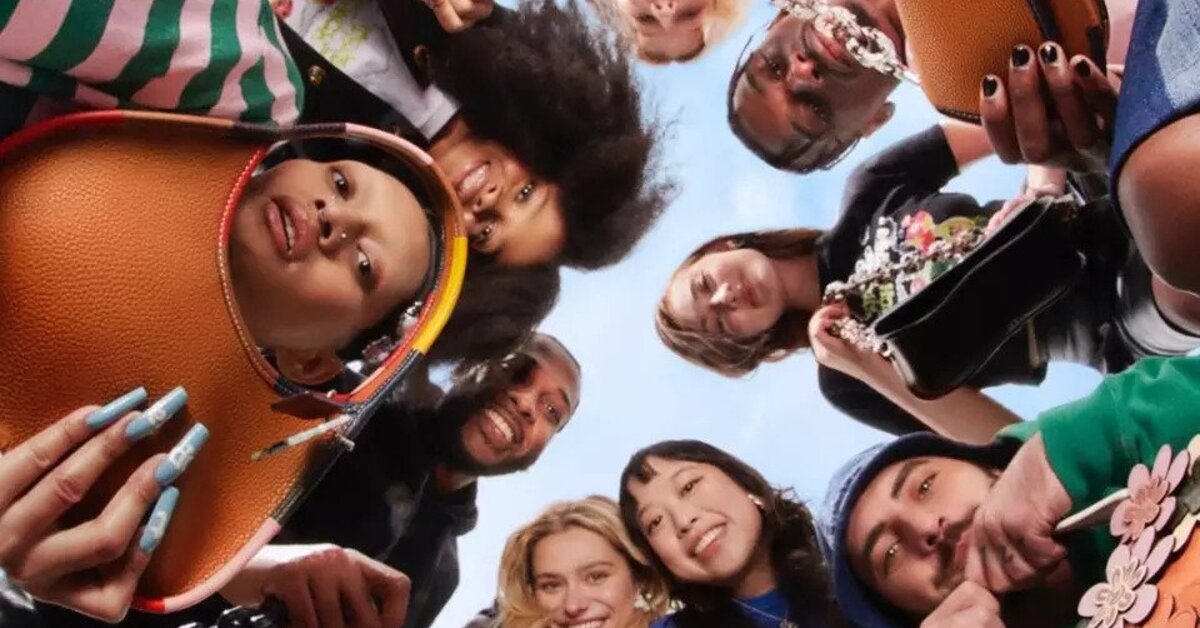
Coach’s launch of Coachtopia is a significant step towards sustainability and circularity in the fashion industry. By starting with waste materials and designing for repairability, Coach is setting a new standard for responsible production and consumption. The community-driven approach and collaboration with emerging artists also offer exciting opportunities for creativity and innovation. As other fashion brands continue to face scrutiny for their unsustainable practices, Coachtopia serves as an example of how brands can take account for their own waste and create a more sustainable future.https://www.youtube.com/watch?v=zLJ7HaOt5pQ

